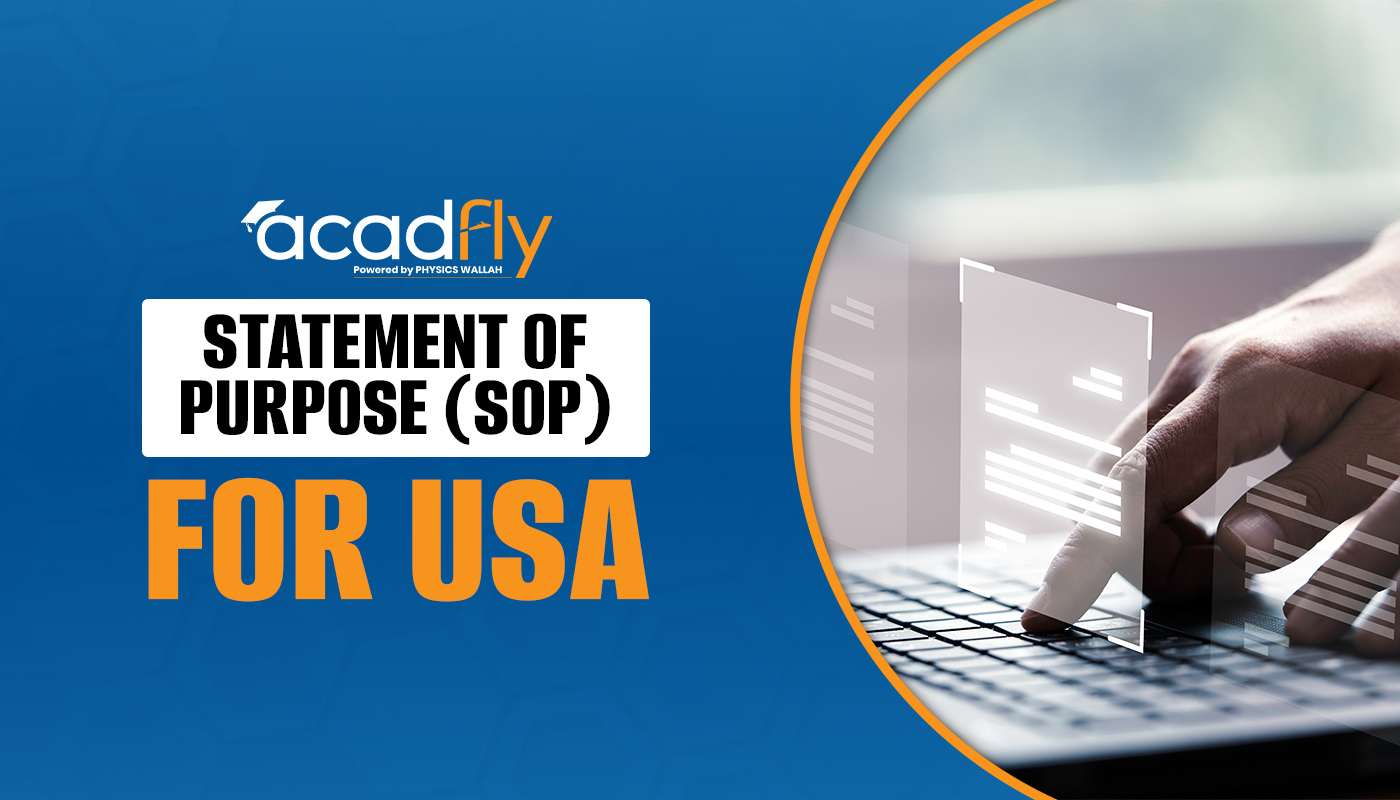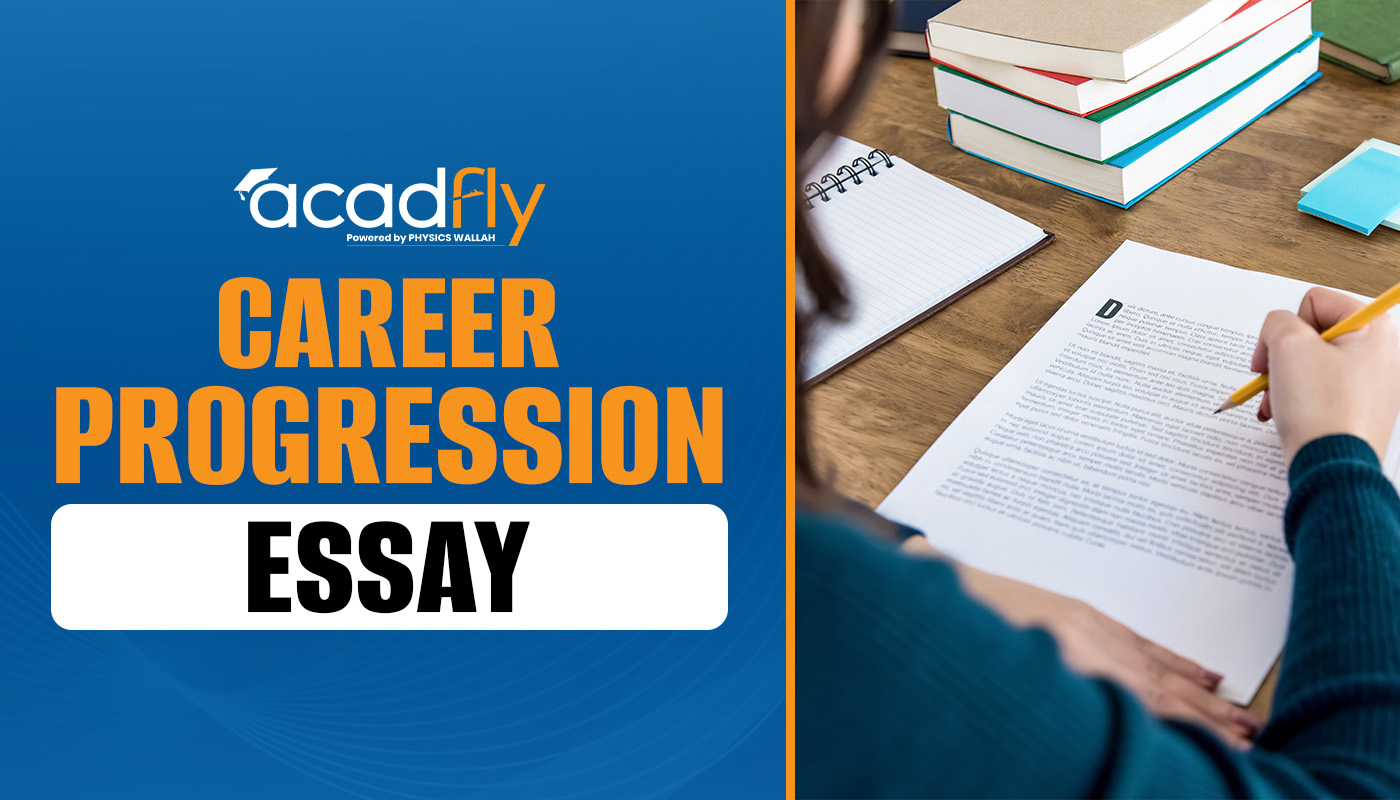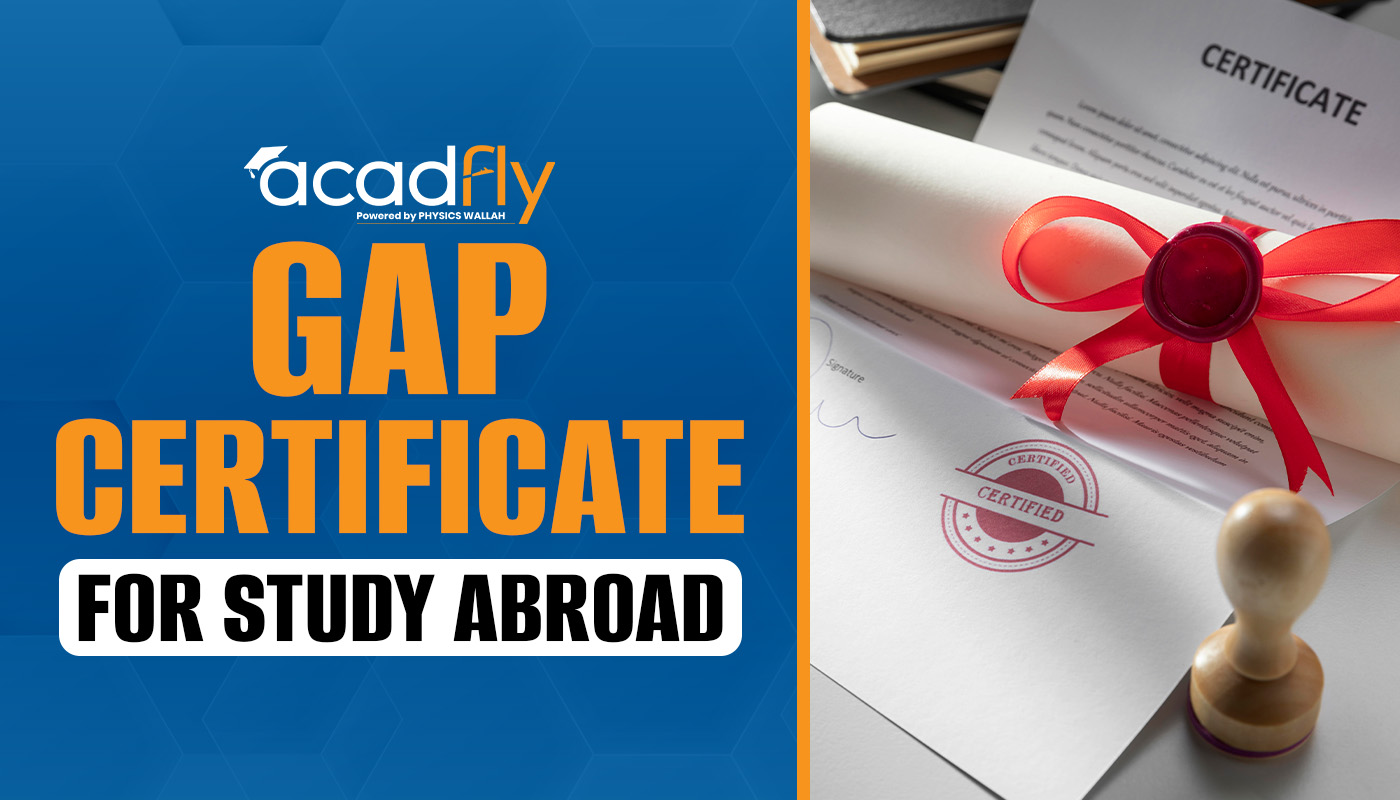
Applying for a Canadian Post-Graduate Work Permit (PGWP) is a crucial step for international graduates wishing to gain work experience in Canada. However, many applicants make mistakes that can jeopardize their chances of approval. Understanding and avoiding these Canadian post-graduate work permit mistakes can significantly improve your chances of a successful application. This guide highlights common pitfalls and provides tips on how to navigate the process effectively to ensure your PGWP application is both accurate and complete.
Common PGWP Mistakes to Avoid
Applying for a Post-Graduate Work Permit (PGWP) in Canada requires careful attention to detail. One common mistake is missing the 180-day application window. After completing your studies, you must apply for the PGWP within 180 days of receiving your final grades or graduation confirmation. If you miss this deadline, you may not be eligible for the permit.
Another frequent error is submitting incomplete or incorrect documents. Make sure you provide all required documents, such as your transcripts, proof of graduation, and a valid passport. Double-check each document to ensure that it is up-to-date and accurately reflects your academic achievements.
Some applicants fail to meet the eligibility criteria for their program. Your study program must have been completed at a Designated Learning Institution (DLI) and be at least eight months long. Verify that your program qualifies before applying, as not all programs meet the criteria for a PGWP.
Finally, applicants sometimes overlook the importance of maintaining legal status. Ensure that your study permit was valid when you completed your studies or that you restored your status if it expired. Being aware of these common PGWP mistakes and taking steps to avoid them will help you navigate the application process more smoothly.
Post-Graduate Work Permit Errors: Document Issues
When applying for a Post-Graduate Work Permit (PGWP) in Canada, accurate and complete documentation is crucial. Errors with documents can lead to delays or denial of your application. Here are key document-related issues to avoid:
1. Submitting Outdated Transcripts
Ensure that you provide the most recent transcripts from your completed program. Outdated or incomplete transcripts may confuse and delay your application.
2. Missing Proof of Graduation
Include official proof of graduation from your institution, such as a graduation letter or certificate. Without this, your application may be deemed incomplete.
3. Incorrect Passport Details
Double-check that your passport details are accurate and up-to-date. An expired or incorrect passport can hinder the processing of your application.
4. Incomplete Application Forms
Make sure all sections of the application forms are filled out correctly. Incomplete forms can result in processing delays or rejection.
5. Providing Insufficient Supporting Documents
Be thorough in gathering and submitting all required supporting documents as outlined by IRCC. Insufficient documentation can lead to a refusal or request for additional information.
PGWP Application Tips: Timeliness and Accuracy
When applying for a Post-Graduate Work Permit (PGWP), ensuring timeliness and accuracy is key to a successful application. Here are essential tips to keep in mind:
Apply Within the 180-day Window
Submit your PGWP application within 180 days of receiving your final grades or graduation confirmation. Missing this deadline can make you ineligible for the permit. Timeliness is crucial to secure your right to work in Canada.
Double-Check Your Application Information
Carefully review all the information you provide in your application. Ensure that all personal details, program information, and dates are accurate. Errors can cause delays or result in a refusal of your application.
Verify Document Requirements
Confirm the specific documents required for your PGWP application. This includes transcripts, proof of graduation, and a valid passport. Ensuring you have all the correct documents helps avoid unnecessary complications.
Complete All Required Forms
Fill out every required form completely and accurately. Incomplete forms can lead to processing delays or rejection. Double-check each section to ensure nothing is missed or incorrectly filled.
Keep Copies of Your Submission
Maintain copies of all documents and forms submitted with your application. This helps you keep track of what was sent and provides a reference in case of any issues or follow-ups needed by IRCC.
Work Permit Rejection Reasons: Key Factors
Understanding the common reasons for work permit rejection can help you avoid mistakes and increase your chances of approval. Here are key factors that might lead to a denial of your PGWP application:
Missing the Application Deadline
Applying for your PGWP after the 180-day window from receiving your final grades can result in rejection. Make sure to submit your application on time to avoid this issue and remain eligible for the permit.
Incomplete or Incorrect Documentation
If your application is missing essential documents or includes incorrect information, it can lead to delays or rejection. Ensure all required documents are complete, accurate, and up-to-date before submission.
Ineligible Study Program
Your program must meet specific criteria, such as being completed at a Designated Learning Institution (DLI) and lasting at least eight months. Applying to a program that doesn’t meet these requirements can lead to a refusal.
Expired Study Permit
If your study permit expires before you complete your program or before applying for the PGWP, it can affect your application. Ensure your study permit is valid or that you restored your status before applying.
Failure to Meet Residency Requirements
You need to have been physically present in Canada during your study program to qualify for a PGWP. If your residency status does not align with the requirements, your application may be rejected.
How to Avoid PGWP Refusal: Best Practices
To enhance your chances of obtaining a Post-Graduate Work Permit (PGWP) and avoid refusal, follow these best practices:
Ensure All Documents Are Complete and Accurate
Double-check that all required documents, including transcripts, proof of graduation, and a valid passport, are complete and accurate. Avoid any discrepancies or missing information that could lead to delays or rejection.
Confirm Eligibility of Your Study Program
Verify that your study program meets the eligibility criteria for a PGWP. The program must be completed at a Designated Learning Institution (DLI) and be at least eight months long. Ensure your program qualifies before applying.
Maintain Legal Status Throughout Your Studies
Ensure your study permit was valid when you completed your studies or restore your status if it expired. Proper status maintenance is critical for your PGWP application to be considered valid.
Keep Copies of Your Application and Documents
Maintain copies of all documents and forms submitted with your application. This helps you track your submission and provides a reference if any issues arise during the processing of your application.
Frequently Asked Questions
1. What are common mistakes to avoid when applying for a PGWP?
2. How important is it to submit complete documents?
3. What should I do if my study permit expires before applying?
4. Can I apply for a PGWP if I missed the 180-day deadline?
5. How can I ensure my PGWP application is accurate?










